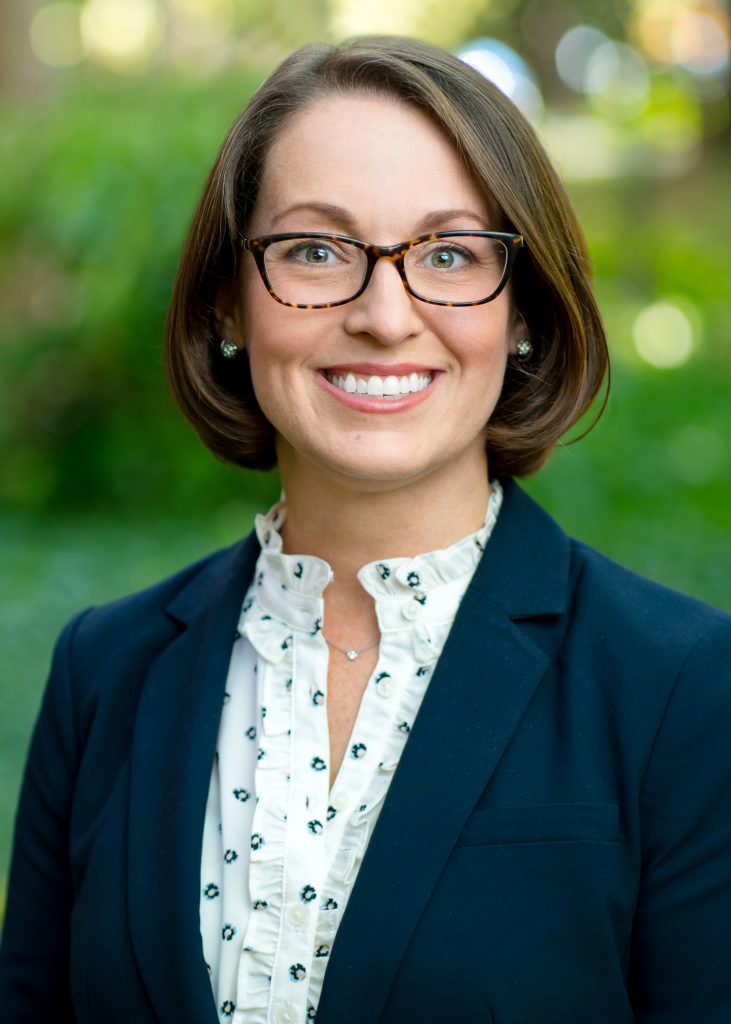Jessica Ness, CFP®, Senior Financial Planner, sits down with Steve Gurney to discuss a valuable resource for individuals, families and professionals. Steve founded the Positive Aging SourceBook, a comprehensive listing of every retirement community, assisted living, nursing, rehab center, and home care option in DC, Northern Virginia, and Suburban Maryland.
Jessica: I’m Jessica Ness with CJM Wealth Advisers and a lot of our clients have concerns in retirement and that motivated us to seek out the Sourcebook. So the Sourcebook has lots of resources for retirement age folks. And this was actually put together by our guest here, Steve Gurney. So Steve, curious, why are some of the reasons folks look to this book, some of the reasons you get calls? Tell us a bit more about it.
Steve: Great. Well, well first off, I mean the reason I created this is because I actually went through the same situation that your clients go through. My grandfather needed a nursing home and I observed what my family had to go through to make those transitions. And I was really surprised that there wasn’t a comprehensive resource guide to help people through the same decisions. But what a lot of our readers are going through is they’re either going through their own sort of, let’s call it retirement planning, or they’re concerned about their older loved ones that are older around them. And oftentimes these intersect is, is that if somebody has gone through a difficult situation, caregiving for a parent with assisted living or memory care or nursing home, they oftentimes reflect and they say, “Geez, I don’t want to put my kids through that. So I better knuckle down and do some planning to minimize the burden on my family.”
Jessica: Yeah, we hear that a lot. We hear that a lot. And truly that’s one of the reasons we sought out and found your Sourcebook. Because it gives details like what are those housing options, what can they find out there? And like you said, in a nice concise way. So what are the concerns that you’re hearing about with folks as they embark on this journey?
Steve: Well, the first thing is there’s a negative stigma around all of these choices because it’s got this label of aging, retirement, senior living. And a lot of times folks emotionally that’s kind of difficult for them to deal with. And so one of the things that we try to coach people through is that this is just a normal life transition. Okay. But the goal is not to be buying into these aging type services. The goal is to live a purposeful life.
And most people like to start thinking about staying in their own home and how can I do that and live a purposeful life? But if you don’t want to drive or can’t drive as much, if your home has a ton of stairs, if you don’t really know your neighbors like you used to back 40 years ago when you had the babysitting co-op and things like that, this begins to challenge the purpose that that home provides.
The neat thing is we have a whole aging in place section in Sourcebook that gives people lots of different solutions on how they can age in place. So sometimes folks, they exhaust all those options and they say, “That’s it. This is the last winter I’m going to shovel snow. I don’t like cleaning out the gutters or the leaves. So I’m really going to look into a place to move.” And oftentimes they go out and they start looking at senior living communities and the thing that we hear is, “I’m not ready yet. I’m not ready for that.”
Jessica: We’ve heard that too.
Steve: So in the new issue of Sourcebook, we have a new category of housing that we’re calling smart living, smart lifestyle communities. And basically these are apartments and condos that are in walkable neighborhoods, they’re near grocery stores and they have culture and amenities provided. And so it’s a way for people to take a baby step into downsizing and living a more carefree lifestyle and enjoying the things that they like to do and not risking cleaning out the gutters and having a fall that lands them in the hospital.
So in addition we have the more traditional senior living options and we list every single one of them in Sourcebook and how much they cost and what’s included in the cost. And those include active at all communities, independent living communities, life plan communities or continuing care retirement communities. And then assisted living, nursing and memory care, which those three are generally for folks that are having some more health related problems. And that’s where their kids might be jumping in and helping them with this transition.
Jessica: No, that makes sense. I really liked the idea of that smart lifestyle community because like you said, it’s a big step. It’s a big step, a big transition to go from just in your own single family home to assisted or nursing homes. So downsizing to an apartment could certainly be a great option for folks.
Steve: Yeah, and one thing that I would say about downsizing, that’s also an issue where people become paralyzed. As much as they want to make the move, when they reflect on the home that they’ve lived in for 20, 30 years, all the possessions that they had and how do I make this move? And one of the really neat professions that we list in Sourcebook are called Senior Move Managers. These are professionals that basically take all the work out of doing this downsizing process. They guide you the whole step of the way and they do all the heavy lifting. And our readers have really found this invaluable because that downsizing step is very challenging.
Absolutely. I mean that is one that overwhelms many folks. I’ve certainly seen clients get stuck going, “Oh my goodness, I’ve got to clean three or four or five decades worth of possessions out of a home and I may not have the energy that I once had to do so.” Some other challenges clients have brought up is, if they want to age in place, which let’s be honest, most folks certainly do. It takes a bit to put that team in place. One of the folks that you are mentioning here was an Aging Life Manager, is that right? Tell us more.
Steve: Aging Life Care Managers. This is another profession that has come up in the last few decades and it’s very helpful. You could almost think of this as a wedding planner for these senior living decisions and these primarily nursing and social work professionals, they come, they can make an assessment of your situation and then they can map out a variety of different plans. So here’s the things that we need to work on if you want to age in place. Here’s what it would look like if you decided to make a move. But you have this trusted team member that is guiding you every step of the way.
Jessica: Oh that sounds like that could be a really great place to start for someone who is especially stuck, knows they need to move forward with a decision, but it can be overwhelming.
Steve: It’s also very helpful in a situation that comes up quite a bit. Is this where, let’s say that the adult children are parenting the parent, let’s say. Let’s say that they’re sort of like, “Mom, you should do this. Mom, you should do that.” It’s nice to have an outside professional come in and evaluate the situation and let the family just enjoy each other and not have the dynamics of trying to parent through these challenges.
Jessica: Right. Because that can be certainly a burden and have an impact. So like I said, it’s good to know there’s someone else. Steve, thank you so much. We really appreciate it. I know we just hit the tip of the iceberg because you can see there’s quite a few pages in here, but appreciate you coming in. We appreciate the big stack of these that you brought in for our clients because we’re frequently giving them out. But if anyone today would like a copy, give us a call, send us an email. Happy to send one along to you. Thanks again, Steve, and to everyone else.
Steve: Thank you.
Jessica: Have a good day.


Social Media